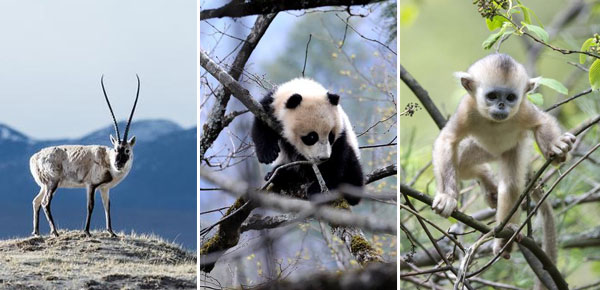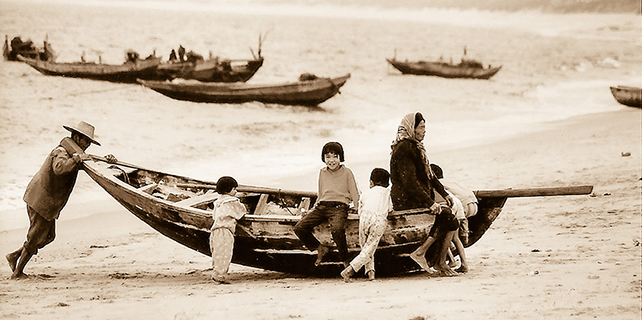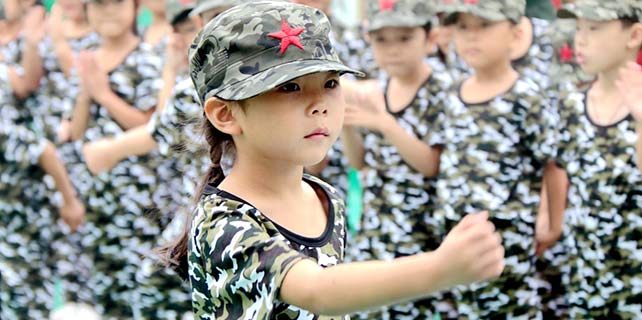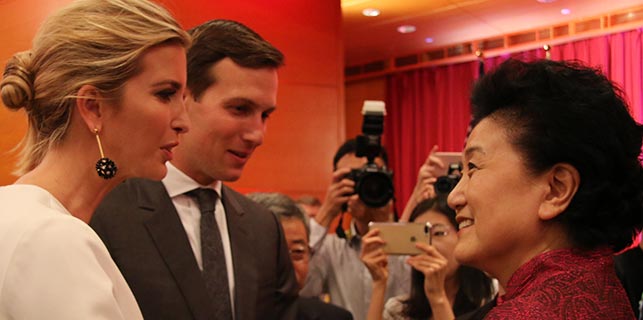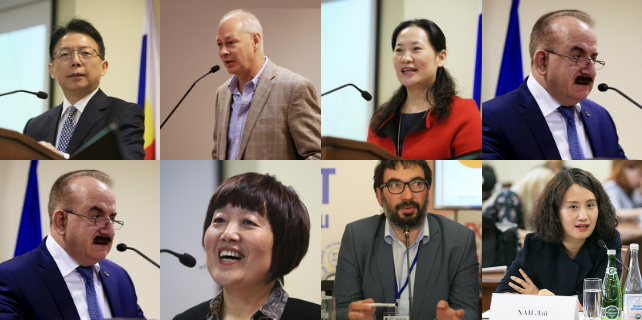Deer at Palace Museum add life to ongoing artifact show
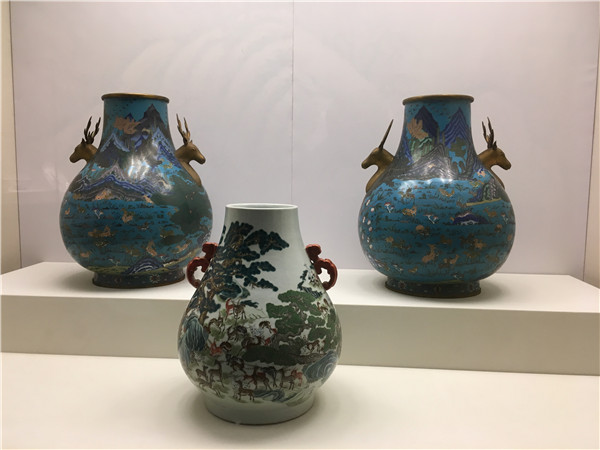 |
|
Nine sika deer were recently ushered into the Cining Gong Garden as part of an exhibition on deer-related cultural relics, which opened at the Palace Museum in Beijing. [Photo by Wang Kaihao/China Daily] |
The Palace Museum has a zoo, at least for now. Nine sika deer were recently ushered into the Cining Gong (the Palace of Compassion and Tranquility) Garden of the museum in Beijing.
After months of training, the herd, which comprises two males, five females and two cubs, seem unafraid in front of curious visitors' cameras and keep changing their poses.
Their debut is part of an exhibition on deer-related cultural relics, which opened at the Yongshou Gong, or Palace of Eternal Longevity, on Tuesday.
The Eternal Abundance from Heaven: Auspicious Deer Artifacts at the Palace Museum features 69 artifacts from the Ming (1368-1644) and the Qing (1644-1911) dynasties' royal collections.
According to Wang Zilin, curator of the exhibition, the exhibits comprise porcelain, cloisonne enamel, furniture and paintings.
"There are many cultural relics on the deer in our warehouse," he says. "But due to the limitations of space, we can only showcase the most delicate ones."
In Chinese, lu (deer) shares the pronunciation of the character, which means "high status" and "official salary", and is thus a connotation of good fortune in Chinese culture.
The curator says a chair made of 20-odd pairs of deer antlers from the reign of Qianlong (1736-96) reveals state-of-the-art craftsmanship.
Deer patterns are also seen on the displayed sculptures, costumes and other artworks or as decorative components on vases.
"The deer is a common topic in Qing emperors' poems," Wang adds.
The nine deer guests in the Palace Museum are from Chengde Mountain Resort in Hebei province.
With the Forbidden City, the resort was also a political center of the Qing Dynasty, and was where several emperors spent their summers.







